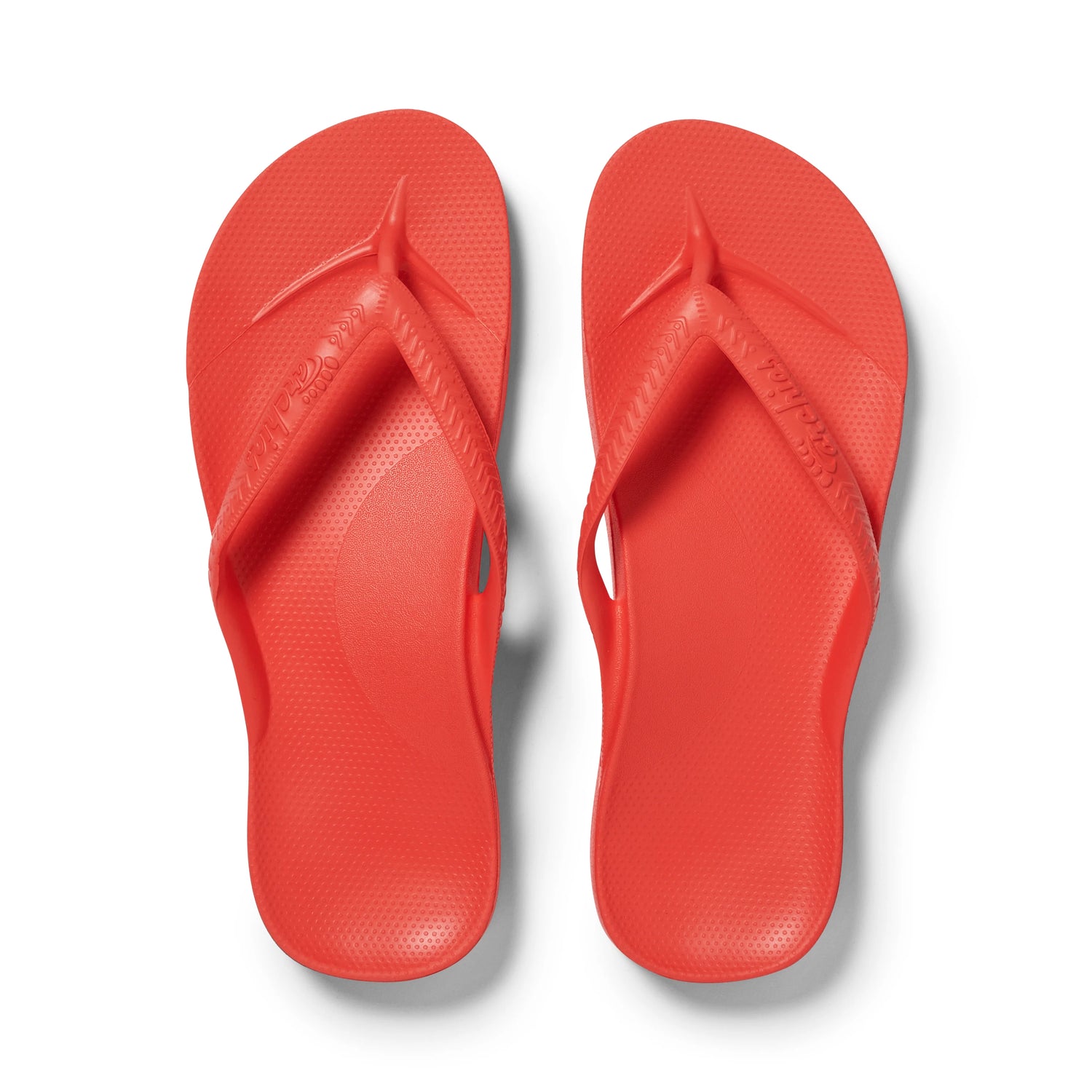Malaria

Malaria is a parasite that is transmitted by mosquito bites. In 2017 there was an estimated 219 million cases worldwide (https://www.cdc.gov/parasites/malaria/index.html) and left untreated may develop severe complications even death. It is most common in Africa, South and Central America, Asia and the Middle East. Symptoms develop from 6 days following infective bite and treatment depends on the severity and the organism involved.
Prevention
There may be a significant risk of developing malaria if you travel to an affected area, however it can be prevented using the ABCD approach:
Awareness of risk – find out if you are at risk of getting malaria.
Bite Prevention – avoid insect bites by using insect repellent, covering your arms and legs and using a mosquito net.
Check whether you need to take malaria prevention tablets – if you do, make sure you take the right antimalarial tablets at the right dose & finish the course.
Diagnosis – seek immediate medical advice if you have malaria symptoms, including up to a year after you return from travelling.
There’s currently no vaccine available to protect against malaria. However, there are anti-malarial tablets available which can reduce the risk by about 90% (www.NHS.uk).
Choice of drugs will depend on:
- Likely species in the area of travel
- Drug resistance status for the area of travel
- Pregnancy
- Current medication/health condition
- Drug allergies
Symptoms
Symptoms typically are flu-like and include high temperature, feeling hot and shivering, headaches, vomiting, muscle pain, diarrhoea and feeling generally unwell. Symptoms may be mild and difficult to diagnose as malaria. The most serious type of malaria is caused by plasmodium falciparum, and without prompt treatment could lead to severe and life-threatening complications such breathing problems and organ failure.
Anti-malarial drugs:
Atovaquone/Proguanil (Generic malarone)
Schedule
Taken once daily starting 1-2 days before travel to the region and for 7 days after leaving.
Price:
Adult - £2.30 per tablet
Child - £1.30 per tablet
Doxycycline
Schedule
Taken once daily starting 2 days before travel to the region and needs to continue for 4 weeks after leaving.
Price:
£0.50 per tablet.
Mefloquine (Larium)
Schedule
Taken once weekly starting a week before entry into the endemic region and continued for 4 weeks after leaving.
Price:
£4 per tablet - available on request subject to availability

